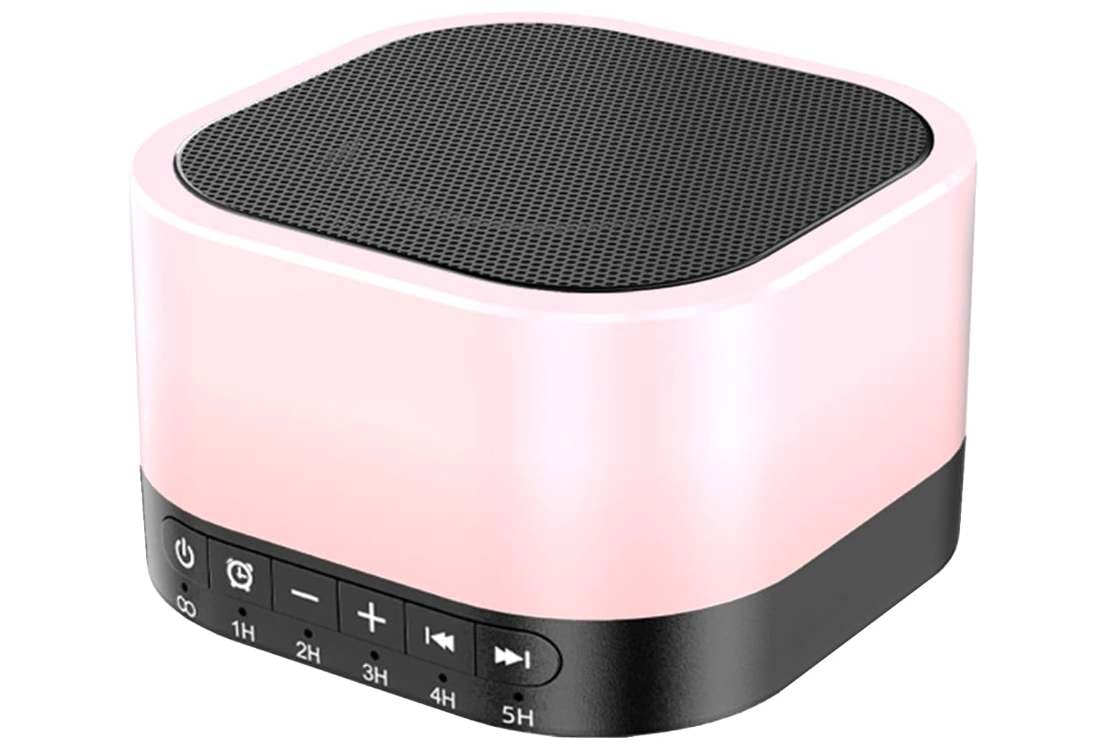How we spend our days is how we spend our lives. The average person will spend 90,000 hours at work over a lifetime.
There is a strong interconnection relationship between occupational wellness and the impact it has on all dimensions of wellness. Especially one’s physical, emotional and financial health.
It is important to find an occupation that you enjoy and meets or exceeds your personal financial needs. An unpleasant and/or low paying occupation drains your energy level and can then lead to a stress-related illness.
It is safe to say your job can have a huge impact on your quality of life.
Did You Know?
- 61% of employees are burned out on the job.
- The top five stress symptoms causing missed work days are constant fatigue (29%); sleeplessness (26%); aches and pains (24%); high anxiety (23%) and weight gain (18%).
- Employees that participate in workplace wellness programs are more satisfied in their jobs (70%) than those who don’t participate in their companies’ programs.
- 89% of workers at companies that support well-being efforts are more likely to recommend their company as a good place to work.

Photo by bruce mars on Unsplash
What Is Occupational Wellness?.
Occupational wellness is about the happiness and fulfillment that you get from your work. It is the ability to achieve a balance between work and leisure time, addressing workplace stress and building relationships with coworkers. It focuses on our search for a calling, involves exploring various career options and finding where you fit.
Feeling valued at work, experiencing a sense of accomplishment with your work, and seeing a purpose in what you do can all enhance occupational wellness.
Having alignment between your professional life and personal values creates opportunities to learn relevant and interesting skills that will contribute to your occupational wellness.
Since what we do for a living encompasses so much of our time, it’s important for our overall well-being to do what we love and love what we do. When people are doing what they were meant to do, they deepen their sense of meaning and purpose.

Photo by Austin Distel on Unsplash
Why is Occupational Wellness Important?
Occupational wellness is essential for maximizing your workplace happiness.
In life, it is important to make sure you have a sense of pride and accomplishment in what you do professionally. It is also important to be aware and identify workplace stress in order to practice conflict management. This is key to achieving an optimal level in this dimension.
Developing occupational satisfaction allows you to communicate your values through involvement in occupational activities that are gratifying for you. Before jumping into a career path, I suggest doing your homework and researching what it takes to be successful in the industry that you are interested in. Explore what kind of a work-life balance you’ll have as well as how colleagues work together in that line of work.
Keeping occupational wellness at the forefront of your mind will pay dividends for your professional life.

Photo by Malte Helmhold on Unsplash
How To Achieve Optimal Occupational Wellness?
To embark on the path to occupational wellness, you need to discover what occupational opportunities are out there and which ones suit you best. Maintaining occupational wellness allows you to develop unique skills and talents that are both personally and professionally rewarding. Below are some suggestions to begin your journey.
1 — Leave room to explore as you find your path
Entering the “real world” after university can be exciting and terrifying. It can feel like the steps you take after graduation will define your entire future. The stress to choose the “perfect” path isn’t necessary or constructive. Your life path comes with many twists and turns, each presenting you with choices you could never have planned for.
If you’re stressed about deciding what to do with your life, bring it in closer to what next.
Ask yourself:
- What experiences do you want to have in this next stage of your life?
- What interests you?
- What steps are you inspired to take?
Remember that you have the right to not know what you want for the rest of your life and leave yourself all the room you need to pivot and grow.
2 — Look forward to personal growth
Personal growth is an effort to improve yourself, the outcomes in your life, or how you experience life. More specifically, personal growth relates to how you see and perceive yourself, interact with others, engage with the world, and envision your future and your possibilities.
When you become comfortable with your professional development, it means you are no longer growing. Stagnant work might become boring after some time. Challenge yourself from time to time to learn new skills and always be on a healthy pace.
3 — Find satisfaction in your current job
You will likely have many jobs in your life. Some will be more enjoyable than others, some will be a better fit, some will teach you valuable lessons, and some might be a total nightmare.
In all of them, you can build up occupational wellness by learning how to find satisfaction in where you are now. You can change your experience of work by shifting how you think about it, how you interact with coworkers, and the responsibilities you take on.
4 — Maintain a good relationship with co-workers
How good are the relationships that you have with your co-workers? People who have a best friend at work are seven times more likely to be happy and engaged in their jobs.
Co-workers play a huge role in determining how your time at the office will be. Having a good relationship means you have mutual respect and people to depend on.
5 — Show your best self
You know you are capable of doing great things.
Whether you’re just entering the job market or want to make a bigger impact in your profession, showing your best self can increase your confidence and your overall work experience.
To become your best version of yourself, you need to believe in yourself and what you can accomplish. Be your best you.
6 — Do meaningful work
A job needs to mean something. People don’t just want a means to an end; they want to know that what they’re doing day-to-day serves a wider purpose. They want to feel part of something more than just the chase for a paycheque.
People are motivated by an interest in meaningful work, not just economic rewards. Research shows that people are more productive, creative and engaged when they feel like their work is contributing to a wider goal.
Think about what inspires and interests you and then pursue it. It is very important to find fulfillment in your work.
7 — Release the work-place stress
Studies show that excess stress can cause real physical symptoms like headaches, upset stomach, increased blood pressure, chest pain, and trouble sleeping.
Find a balance between work and play and learn how to leave work stress at work. Bringing stress from work home prolongs the feelings of stress and can also make home a place of frustration rather than relaxation.
8— Maintain a work-life balance
Work-life balance can help reduce stress and enhance your wellness. This can include sticking to your work hours, not answering calls or emails after hours, and taking your scheduled breaks to stretch and recharge.
It can be tempting to spend extra hours to finish up a project. However, it is important to learn how to step away from our work when the work day is done, and call it a day.
Overworking is unhealthy. Find time for leisure and personal activities so that you stay energized and do not become stressed out.

Photo by Gabin Vallet on Unsplash
Work takes a large portion of our time. Take responsibility. Take action. Make your occupational wellness a priority.
The choice of profession, job satisfaction, career ambitions, and personal performance are all important components of your path’s terrain.
***
References:
Do American Workers Need a Vacation? New CareerBuilder Data Shows Majority Are Burned Out at Work, While Some Are Highly Stressed or Both — Career Builder, 2017
Workplace Well-Being Linked to Senior Leadership Support, New Survey Finds — American Psychology Association, 2016
—
This post was previously published on Medium.
***
You Might Also Like These From The Good Men Project
 Compliments Men Want to Hear More Often
Compliments Men Want to Hear More Often  Relationships Aren’t Easy, But They’re Worth It
Relationships Aren’t Easy, But They’re Worth It  The One Thing Men Want More Than Sex
The One Thing Men Want More Than Sex  ..A Man’s Kiss Tells You Everything
..A Man’s Kiss Tells You Everything Join The Good Men Project as a Premium Member today.
All Premium Members get to view The Good Men Project with NO ADS.
A $50 annual membership gives you an all access pass. You can be a part of every call, group, class and community.
A $25 annual membership gives you access to one class, one Social Interest group and our online communities.
A $12 annual membership gives you access to our Friday calls with the publisher, our online community.
Register New Account
Log in if you wish to renew an existing subscription.
Username
First Name
Last Name
Password
Password Again
Choose your subscription level
- Yearly - $50.00 - 1 Year
- Monthly - $6.99 - 1 Month
Credit / Debit Card PayPal Choose Your Payment Method
Auto Renew
Subscribe to The Good Men Project Daily Newsletter By completing this registration form, you are also agreeing to our Terms of Service which can be found here.Need more info? A complete list of benefits is here.
—
Photo credit: Miguelangel Miquelena on Unsplash
The post 8 Ways To Achieve Optimal Occupational Wellness appeared first on The Good Men Project.
Original Article










